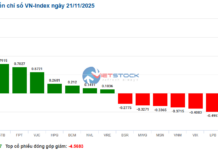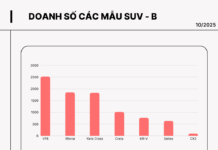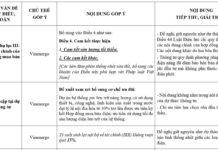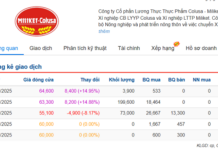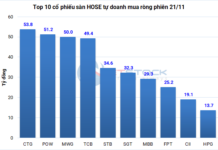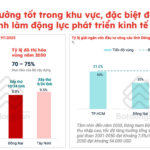Two-Tier Mechanism, Multiple Resources Forming the National Housing Fund
The government has issued Decree 302/2025, establishing the National Housing Fund—a state financial fund outside the budget, with legal status and tasked with investing in social housing development, increasing supply, and stabilizing the real estate market. The Fund is organized at two levels: Central, managed by the Ministry of Construction, and Local, managed by the People’s Committees of provinces and cities.
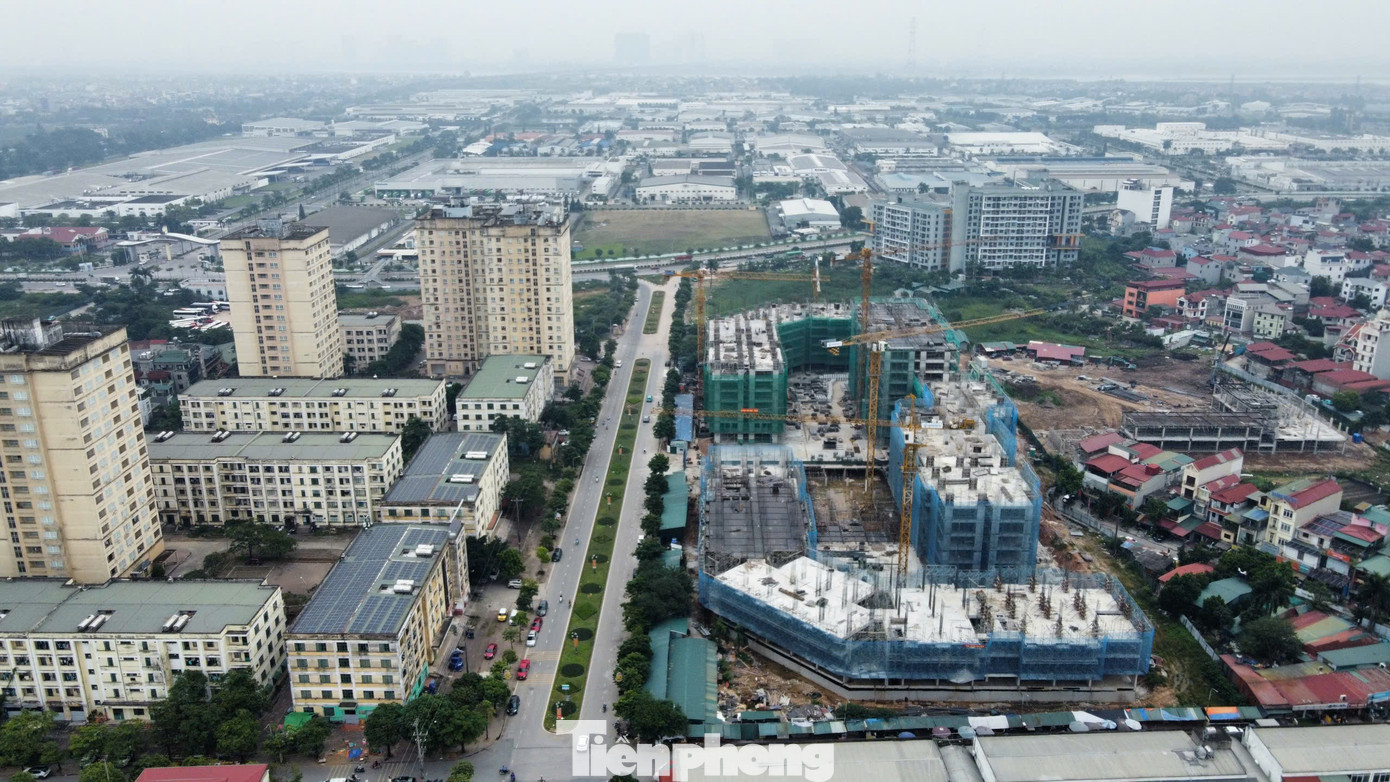
According to Decree 302, the government establishes the Central Housing Fund under the Ministry of Construction, managed by the Ministry; Provincial People’s Committees establish and manage Local Housing Funds. Pictured is a social housing project under construction in Hanoi.
The Fund’s organizational model includes a director, deputy directors, chief accountant, and specialized departments. The Central Fund’s director is appointed by the Minister of Construction, while Local Fund directors are appointed by the Chairpersons of Provincial People’s Committees. Funding sources include the state budget, land value allocated for social housing, proceeds from the sale of public housing assets, land auction revenues, and voluntary contributions.
The Fund is tasked with investing in the construction of social housing and technical-social infrastructure for rental purposes. It can also receive and repurpose public assets to create new housing stock.
Additionally, the Fund has the authority to purchase, order, or receive products from state-owned enterprises, accept resettlement or temporary housing, or purchase commercial housing for rent to officials, civil servants, and workers.
The government aims to build at least 1 million social housing units by 2030, with 100,000 units completed this year. According to the Ministry of Construction, as of late October, 696 projects are underway nationwide, with approximately 640,000 units. The Ministry estimates that around 89,000 units will be completed this year, achieving 89% of the plan.
However, the housing market still faces challenges. In major cities, housing prices exceed the affordability of most residents; many social housing projects are delayed, and the 20% land allocation for social housing in commercial projects remains insufficient.
Experts hope the National Housing Fund will help balance supply and demand, thereby restructuring the real estate product mix. As supply improves, commercial housing prices may decrease, laying the foundation for a more transparent and sustainable market.
Expectations for “Stabilizing” Housing Prices
Speaking with Tien Phong, Dr. Tran Xuan Luong, Deputy Director of the Vietnam Real Estate Market Assessment Research Institute, noted that the decree on the National Housing Fund is attracting significant attention. In a context of high housing prices, he believes establishing a stabilization fund is essential to control prices, especially for rental housing.

Dr. Tran Xuan Luong, Deputy Director of the Vietnam Real Estate Market Assessment Research Institute.
“While the initiative is highly regarded in principle, its real-world impact will take time to measure. Bringing supply to market always lags behind demand, so initially, this policy will primarily influence investor sentiment,” said Dr. Luong.
According to experts, only when the Fund’s actual supply enters the market will housing prices have a chance to stabilize, but the market remains influenced by various internal and external factors.
“The Fund’s effectiveness thus depends heavily on implementation. If executed properly, it is expected to provide rental opportunities for many low-income individuals—a group currently struggling to access housing. Conversely, if the operational mechanism lacks transparency, supply delays may persist, failing to meet initial goals,” Dr. Luong emphasized.
Experts agree that in a market with high expectations, the success of the National Housing Fund relies not only on legal frameworks but also on implementation speed, efficiency, and the ability to deliver real supply to those in need.
Establishing a National Housing Fund at Central and Local Levels: Lease-Only, No Sale
The National Housing Fund is set to invest in the development of affordable social housing and essential socio-technical infrastructure, all available for lease.
National Housing Fund Operations: Government Releases Detailed Regulations
The Vietnamese government has recently issued Decree No. 302/2025/NĐ-CP, dated November 19, 2025, which provides detailed regulations on the National Housing Fund. This decree also outlines measures to implement Resolution No. 201/2025/QH15, passed by the National Assembly on May 29, 2025. The resolution pilots specific mechanisms and policies aimed at fostering the development of social housing.

